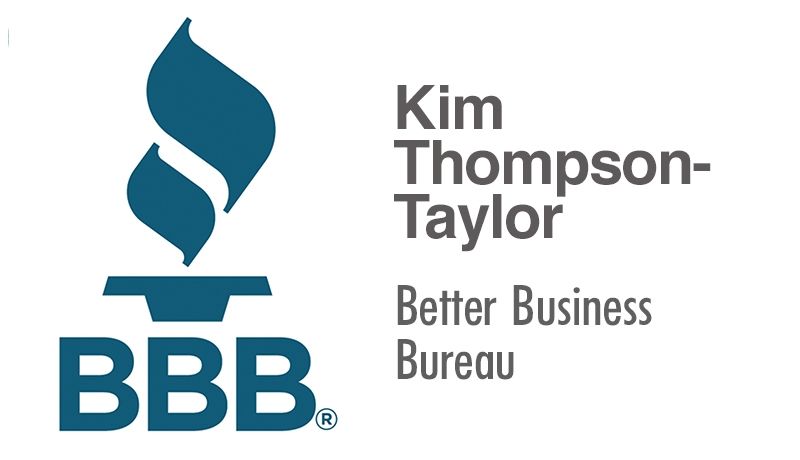Scammers take money, don't complete work
- Kim Thompson: Better Business Bureau
- April 13, 2021
- 841
Use caution when hiring a home-improvement contractor. Scams abound, especially following a major storm, flood or other weather event when many homeowners are trying to repair their houses. But contractor scams can happen any time, so be wary of high-pressure sales tactics, up-front fees and fly-by-night businesses. Con artists will take homeowners’ money and deliver slipshod work or no work at all.
Home-improvement scams can start with a knock on the door, a flyer or an ad. The contractor may offer a low price or a short time frame. One common hook is when the scammer claims to be working in your neighborhood on another project and has leftover supplies.
Once started, a rogue contractor may "find" issues that significantly raise the price. If you object, they threaten to walk away and leave a half-finished project. Or they may accept your up-front deposit and then never return to do the job. Following a natural disaster, scammers persuade homeowners to sign over their insurance payment.
Watch out for "red flags." Say no to cash-only deals, high-pressure sales tactics, high up-front payments, handshake deals without a contract and onsite inspections. Not all “storm chasers” are con artists, but enough are that you should be cautious any time a home contractor contacts you first, especially after a natural disaster. Always insist on a written contract with the price, materials and time line. The more detail, the better.
Do your homework. Search for the name of the company online along with "complaint," "review" or "scam" to find different results. Check them out at www.bbb.org to see what other customers have experienced by reading any complaints and/or customer reviews. Also, see if the trade associations to which they belong stipulate a code of ethics, minimum hours of satisfactory work and trade exams.
Ask for references. Bad contractors will be reluctant to share this information, and scammers won’t wait for you to do your homework. If you can, get references from past customers. Get older references to check on the quality of the work and newer references to make sure current employees are up to the task. Also, ask your friends, family and co-workers who they’ve worked with in the past.
Know the law. Work with local businesses that have proper identification, licensing and insurance. Confirm your vendor will get related permits and make sure you know who is responsible for what, according to your local laws, and that your vendor is ready to comply.
Find trusted, vetted home-improvement contractors near you with www.bbb.org/near-me/home-improvement.
For more information check out a BBB tip on storm chasers at www.bit.ly/stormchaserdisaster. And before you hire anybody, read these tips on hiring a contractor at www.bbb.org/article/tips/14081-bbb-tip-hiring-a-contractor.
If you’ve spotted a scam (whether or not you’ve lost money), report it to www.BBB.org/ScamTracker. Your experience can help others avoid falling victim.
Visit www.bbb.org/canton or call 330-454-9401 to look up a business, file a complaint, write a customer review, read tips, follow on social media and more.

